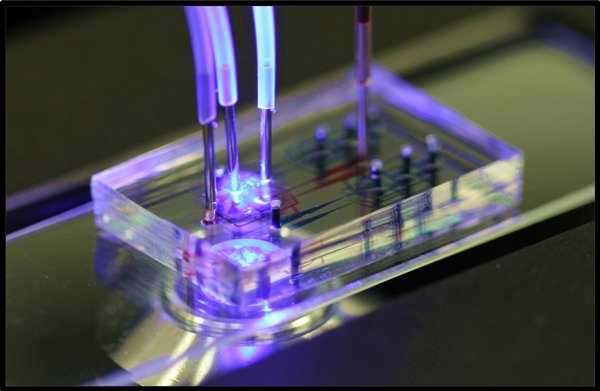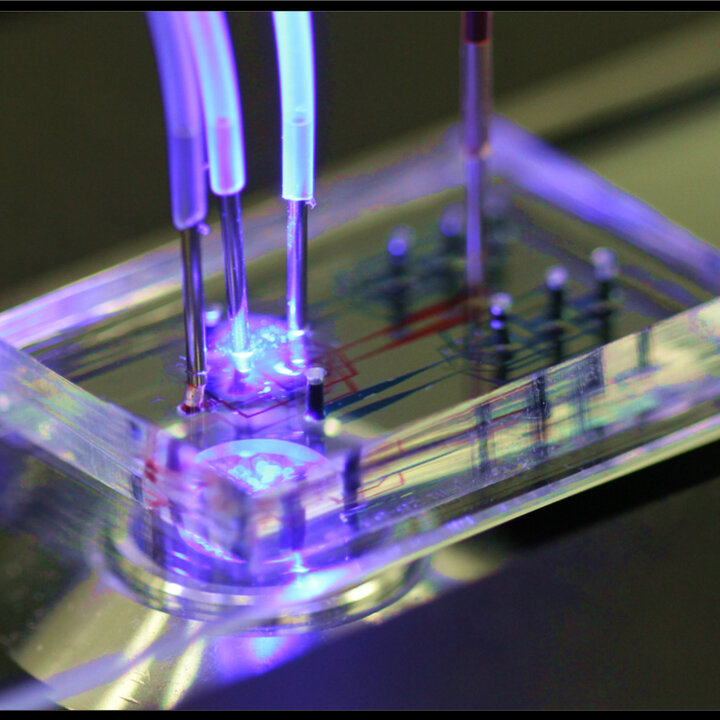
The increasing knowledge about the complexity of the immune system and its treatment targets has led to the improvement of immunotherapies against cancer, auto-immune and infectious diseases. Not only the immune system is composed of several cell types with different functions, but also individual cell subsets can be remarkably heterogeneous. This heterogeneity influences immune responses and can hamper therapy efficiency as well.
Droplet-based microfluidics is a powerful single-cell technology that enables scientists to study cellular heterogeneity and decode cellular communication in high-throughput and high-content. By studying immune cells in droplets, all sorts of cellular communication and environmental cues can be excluded or highly controlled.
By using this approach, our knowledge about different immune cell subsets, their intrinsic cell behavior and phenotypes will ultimately bring us one step closer to find new targets for immunotherapy to battle diseases. At the Laboratory of Immunoengineering, we develop and design microfluidic devices, automated data analysis and modelling systems that allow us to interrogate immune cell function at high resolution and high-throughput one cell at a time.
